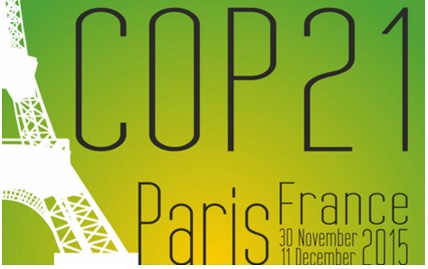To learn how negotiations are going on
After Monday’s unprecedented political start to COP 21, diplomats and negotiators dug in to the task of resolving hundreds of contested features of a new climate change agreement. These differences are flagged by the United Nations organizers as “bracketed” text and competing “Options“. Analysis of this morning’s (December 3, 2015, 8am) new draft Paris Agreement reveals mixed signals. Disputed brackets have increased in number since Monday’s energetic kickoff, from 1,617 to 1,718. Even at this late stage, rather than reduce disagreements, negotiators are raising new specific issues of contention. This would seemingly suggest that negotiations are moving backwards.
There are, however, several reasons for optimism. First, it is typical during two-week talks to see initial jockeying in the first few days lead to more brackets. Second, the size of the entire package has been reduced from 54 to 50 pages. The number of words has been shaved down by 8%. Also, in terms of larger blocks of discord (“Options“), today’s text had only 205, down from 228 at the outset. Certain critical sections have also seen dramatic improvements, including the implementing body for the new Paris Agreement (no brackets), and the transparency system/framework, to clarify overall implementation.
And while numbers are one important metric, two other key ingredients for success are the level of organization and overall mood. Conference organizers, led by the host nation of France, have been widely praised by diplomats at COP21 as highly organized and disciplined. They have also gone to great lengths to say there is no secret “alternative text.” This has helped countries understand that, at the end of this week, when the conference leadership prepares a consolidated text, substantial redundancies and some country priorities may be erased.
Patrick Cage, Coordinator of Paris Agreement Media Platform, “We expect a new streamlined accord over the weekend that countries will need to officially adopt as the basis of negotiations next week.“
John O. Niles, Lecturer of Climate Policy, University of California, San Diego. “This is one of the most ambitious and well organized exercises in environmental democracy. Our quantitative analysis shows no signal that countries are doing what they ultimately must do, removing all remaining brackets and options. But there are clear signs a historic environmental accord can still be reached.“
